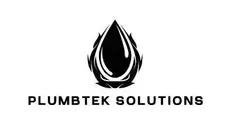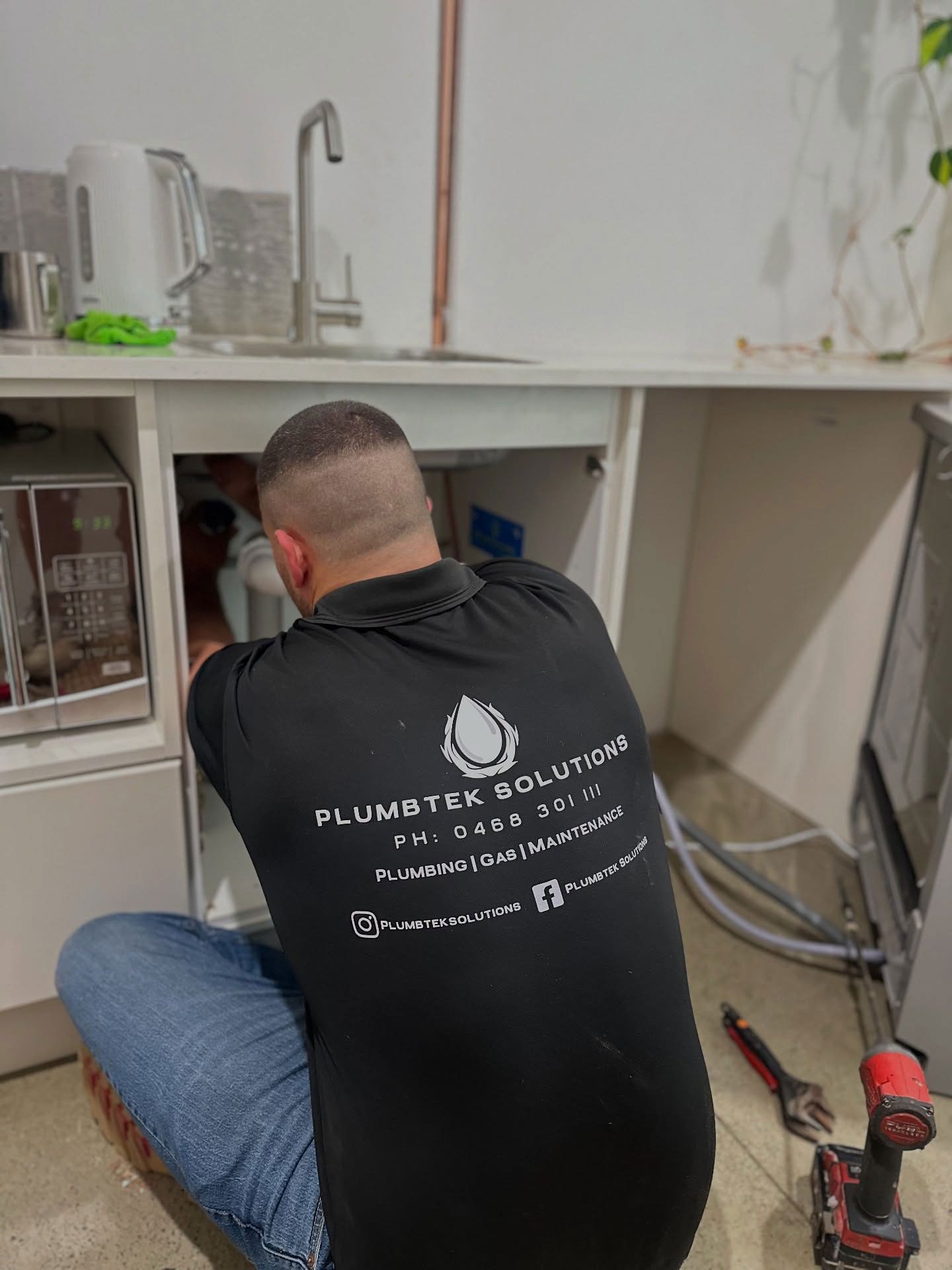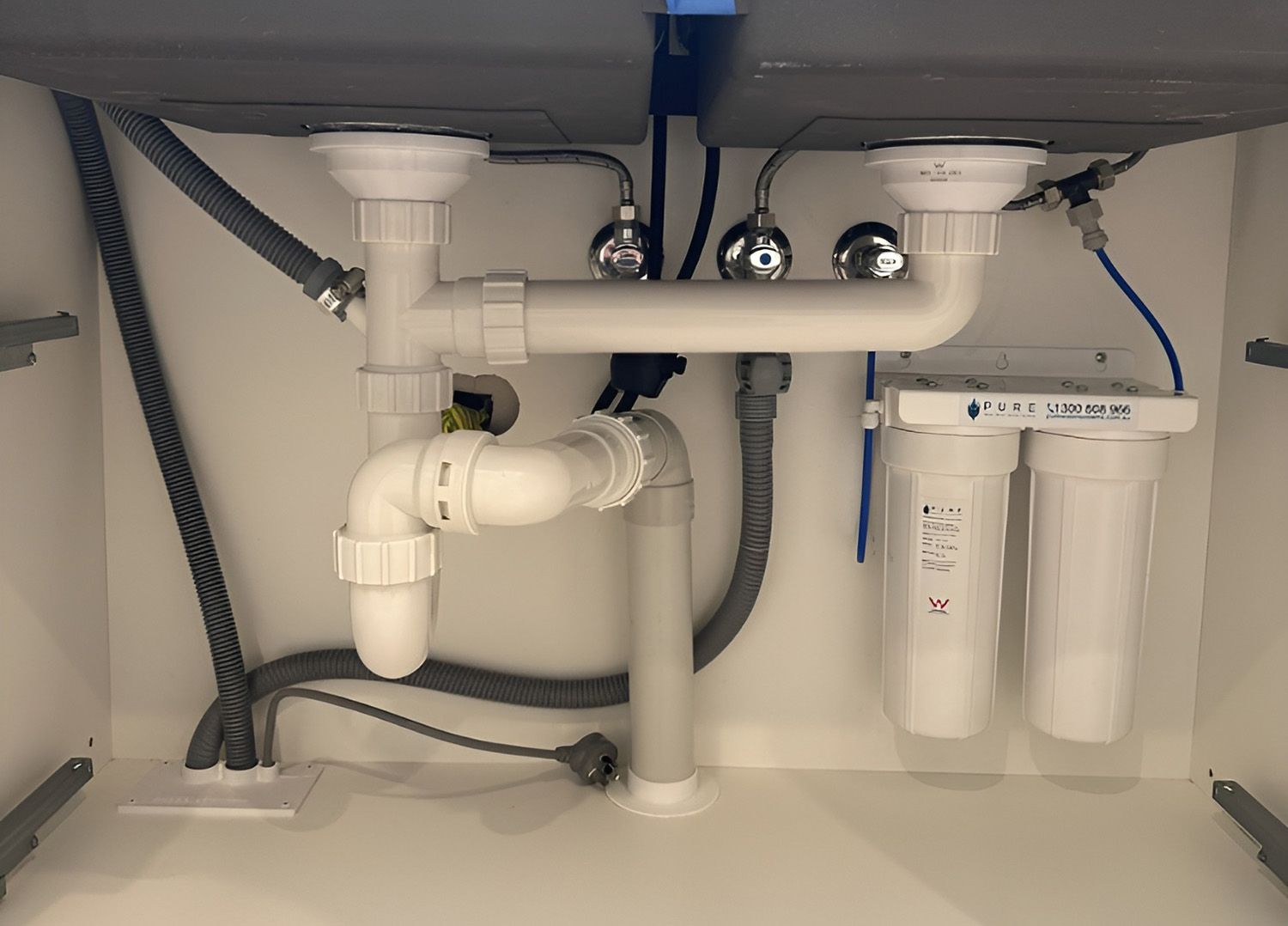Gas vs Electric Hot Water Systems: What’s Best for Jimboomba Homes?
Choosing between
gas and electric hot water in Jimboomba comes down to how your household uses hot water, what’s already installed, and your budget. Gas units are usually more energy-efficient than standard electric storage systems. High-efficiency heat pump electrics can match or beat gas on running costs, but they cost more upfront. The right answer depends on your home, not a one-size-fits-all rule.Here’s how to choose a plumber who fits your Jimboomba home, based on practical experience and genuine service quality.
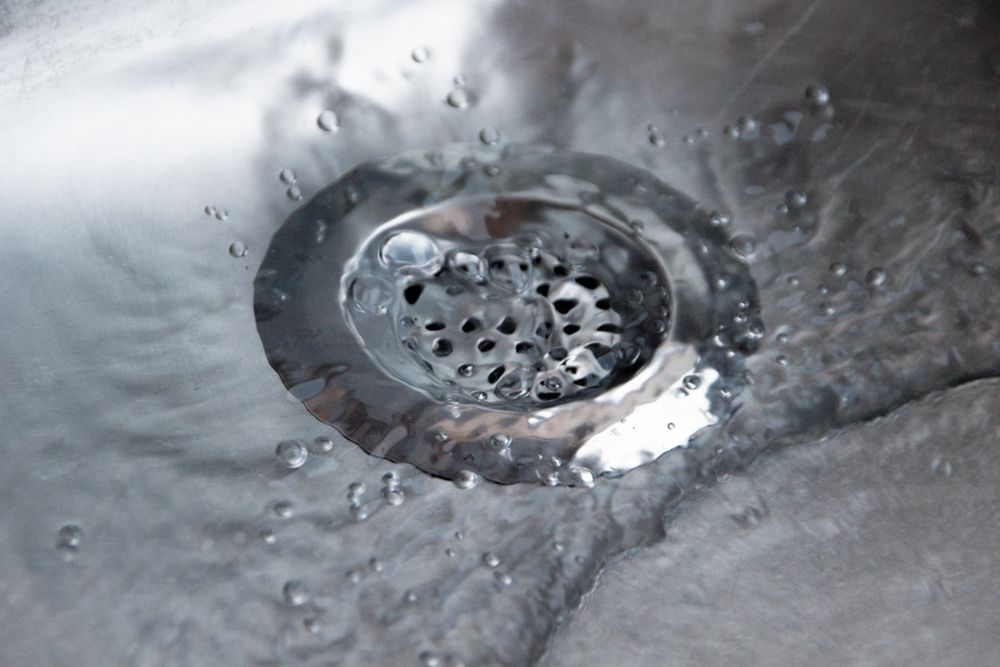
How to choose the right system?
Start with these three questions
- Usage: How many people live at home and when do you shower? Long evening showers and back-to-back loads need faster recovery.
- Infrastructure: Do you have natural gas connected, LPG bottles, or only electricity? What size circuit is available?
- Budget: Consider both
upfront cost and
ongoing running costs over 5–10 years.
Jimboomba climate matters
Jimboomba’s warm, humid subtropical climate means incoming water isn’t as cold as southern states. Gas continuous flow performs well year-round. Heat pumps also work well here because winter temperatures are mild compared to southern regions.
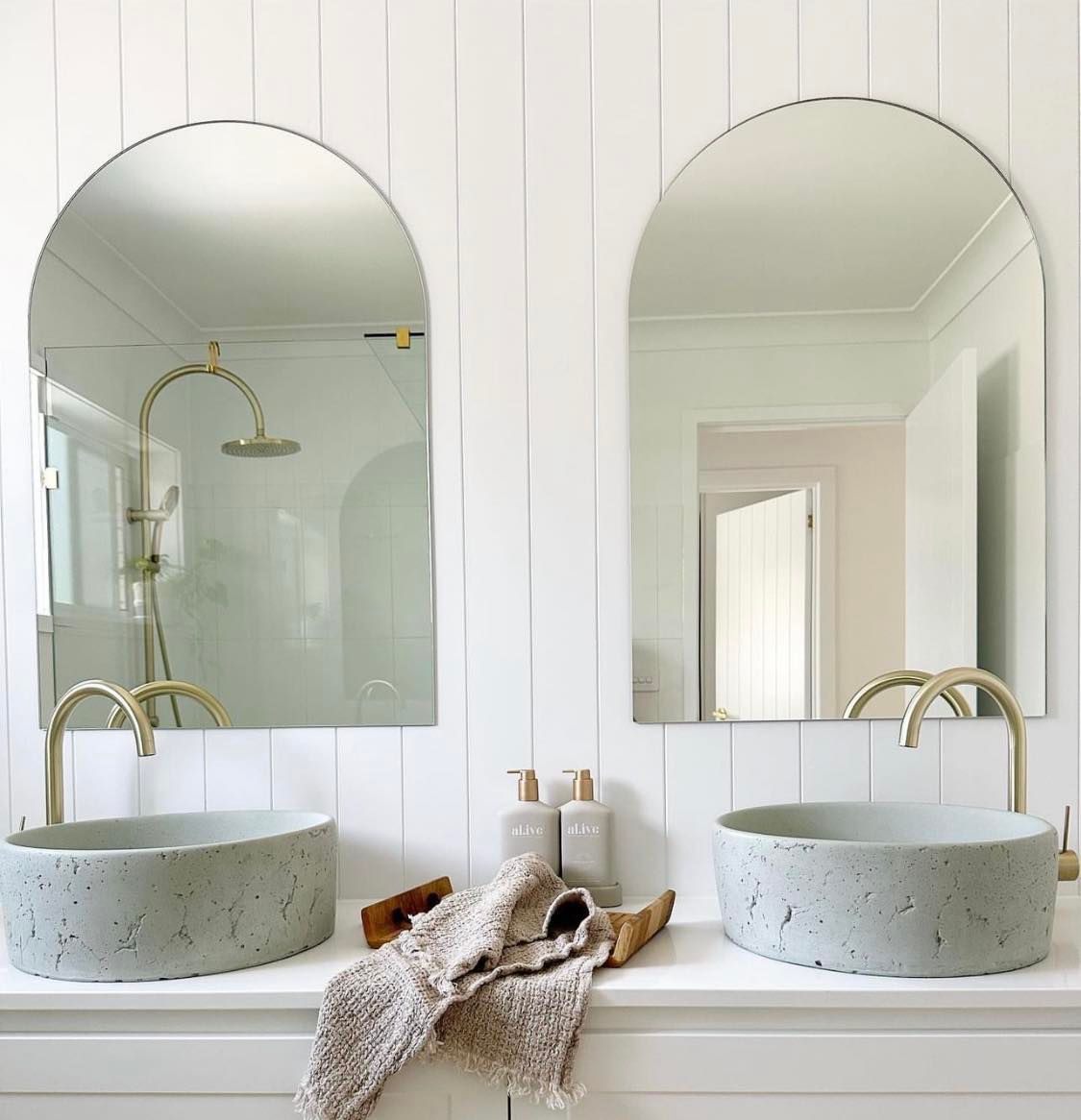
Gas Hot Water Systems – Pros
- Generally more energy-efficient than standard electric storage. You only heat water when needed with continuous flow, or you get faster recovery with gas storage.
- Reliable hot water on demand. Continuous flow gas provides steady temperature for long showers and busy households.
- Good fit for large families. High flow rates suit multiple bathrooms.
- Works during off-peak electricity times. No need to wait for an off-peak window to reheat a tank.
- Compact wall-mounted options. Frees up space compared to big electric tanks.
- Less impacted by time-of-use tariffs. Running cost isn’t tied to peak electricity rates.
Gas Hot Water Systems – Cons
- Gas supply needed. Many Jimboomba homes rely on LPG bottles rather than mains gas. Bottle swaps and deliveries add logistics.
- Flueing and ventilation. Installation may be trickier in tight indoor spaces; outdoor mounting is common.
- Price volatility. Gas prices can move over time.
- Not always solar-friendly by default. You can’t “dump” excess solar into a gas burner like you can with an electric element.
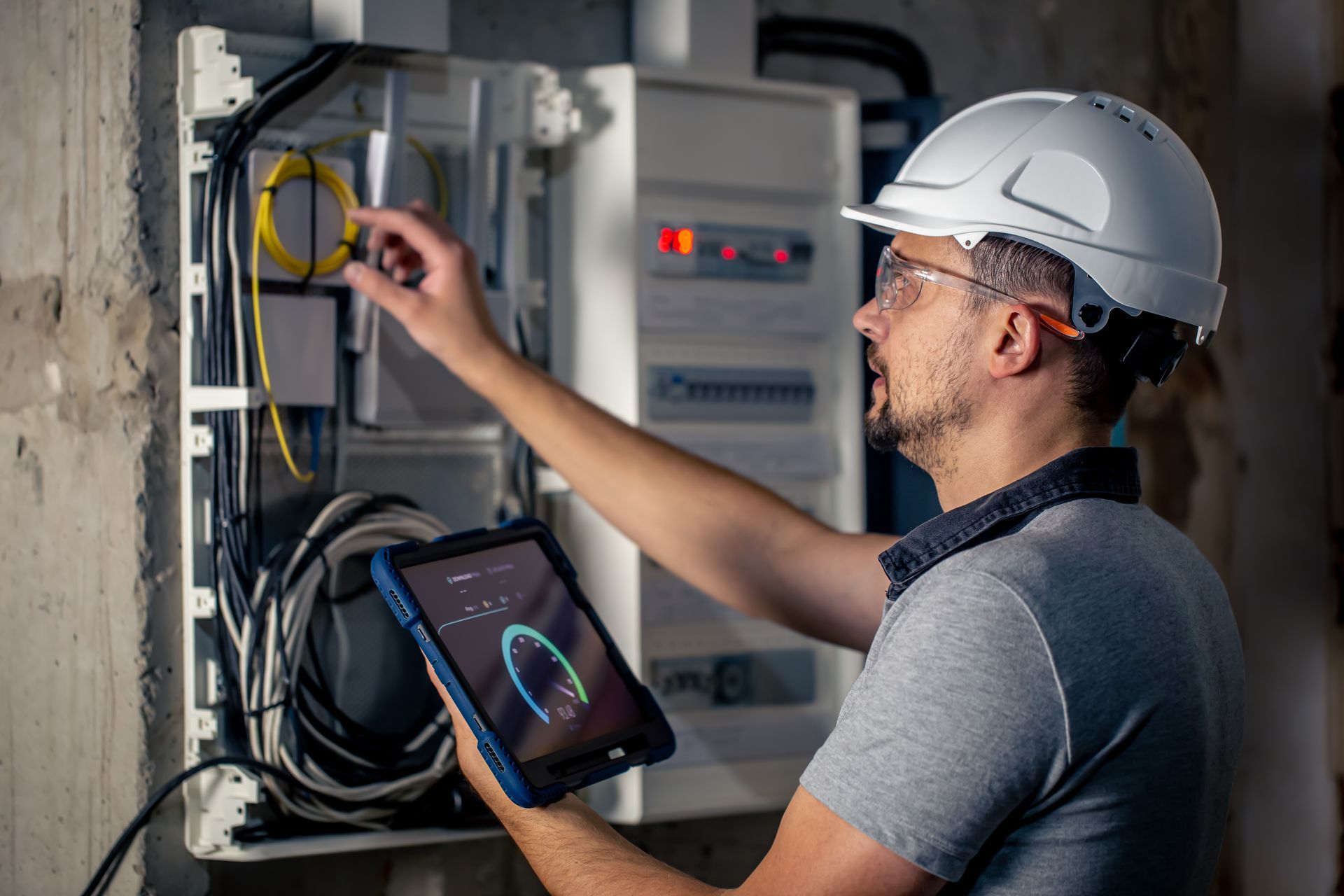
Electric Hot Water Systems – Pros
- Simple and affordable to install. Standard electric storage tanks are usually the lowest upfront cost.
- Great with solar PV. You can time heat-up during the day to soak up excess rooftop solar and cut running costs.
- Heat pump options are very efficient. Quality heat pumps can rival or beat gas efficiency in Jimboomba’s mild winters.
- Fewer site constraints. No gas line, flue or combustion air requirements.
Electric Hot Water Systems – Cons
- Standard electric storage can be costly to run if you don’t have solar or off-peak tariffs.
- Recovery time. If the tank empties at night, you may wait until off-peak or the next day to reheat unless you pay peak rates.
- Heat pump upfront cost. Heat pumps are efficient but pricier to buy.
- Noise and placement (heat pumps). Compressors are quiet but not silent—place them away from bedroom windows and neighbours.
Heat pump vs gas: where each wins
Lowest upfront: Standard electric storage usually wins.
Lowest running cost without solar: Gas continuous flow is often cheaper than a standard electric tank.
Lowest running cost with solar: Heat pump or standard electric timed to midday can beat gas.
Best for heavy usage and long showers: Gas continuous flow provides endless hot water at stable temperatures.
Quietest operation: Gas continuous flow and electric storage are quieter than heat pumps.
Jimboomba-Specific Considerations
1) Gas availability
Some parts of Logan have natural gas. Many Jimboomba properties use LPG bottles. If you already use LPG for cooking or heating, adding a gas hot water unit can be straightforward. If you’re all-electric, running a new gas line or organising LPG may erase the advantage.
2) Solar uptake
Rooftop solar is common across SEQ. If you have a decent PV system, electric hot water timed for daytime or a heat pump can unlock very low running costs. A simple timer or smart control can do the job.
3) Outdoor space and placement
Most homes here have yard space for an outdoor unit, which suits both gas continuous flow and heat pumps. Check clearance for service access and, for heat pumps, allow airflow.
4) Water hardness and maintenance
Jimboomba water is generally moderate. Annual checks help any system last longer. Flush sediment from storage tanks, clean strainers on continuous flow units, and service heat pumps per the manufacturer’s schedule.
5) Bushfire and storms
Outdoor units should be mounted securely and clear of debris. In storm season, ensure safe anchoring and protected electrics. Keep LPG bottles upright, shaded, and accessible for delivery.
Which size and type suits your home?
Small households (1–2 people)
- Best value: 125–160L electric storage or 16–20L/min gas continuous flow.
- With solar: Consider a heat pump if you want the lowest long-term cost.
Medium households (3–4 people)
- Balanced choice: 20–26L/min gas continuous flow or 250L heat pump.
- Solar owners: Heat pump set to run in daylight can outperform gas on running costs.
Large households (5+ people)
- Heavy duty: 26–32L/min gas continuous flow (or twin units in cascade) for endless showers.
- Efficient electric option: Large heat pump (270–315L) with proper scheduling and possibly a booster element.
Costs to weigh up (simple framework)
- Upfront: Unit price + installation + any new pipework, electrical circuit, slab or brackets.
- Running: Energy use over a year, including LPG refills if applicable or electricity on your tariff.
- Maintenance: Annual service for gas burners; filter/coil cleaning for heat pumps; anode replacement for storage tanks.
- Lifespan: Quality units typically last 8–12+ years with maintenance.
Practical tips before you buy
- Audit your hot water habits. Count showers, baths, dishwasher runs and laundry loads per day.
- Check your switchboard. Heat pumps often need a dedicated circuit; old boards may need an upgrade.
- Measure your space. Confirm clearances for an outdoor unit and bottle placement if using LPG.
- Think future-proof. If you plan to add solar, choose a system that can take advantage of daytime power.
- Choose reputable brands and warranties. Look for local support and parts availability in SEQ.
- Use a licensed plumber. Correct pipe sizing, tempering valves, safe flueing, and commissioning matter.
- Gas hot water systems in Jimboomba are generally more energy-efficient than standard electric storage and handle heavy use well.
- Heat pump electric systems can compete with gas on efficiency and running cost, especially with solar, but cost more upfront.
- The best system depends on your household, existing setup, and budget. There isn’t a single right answer for every home.
